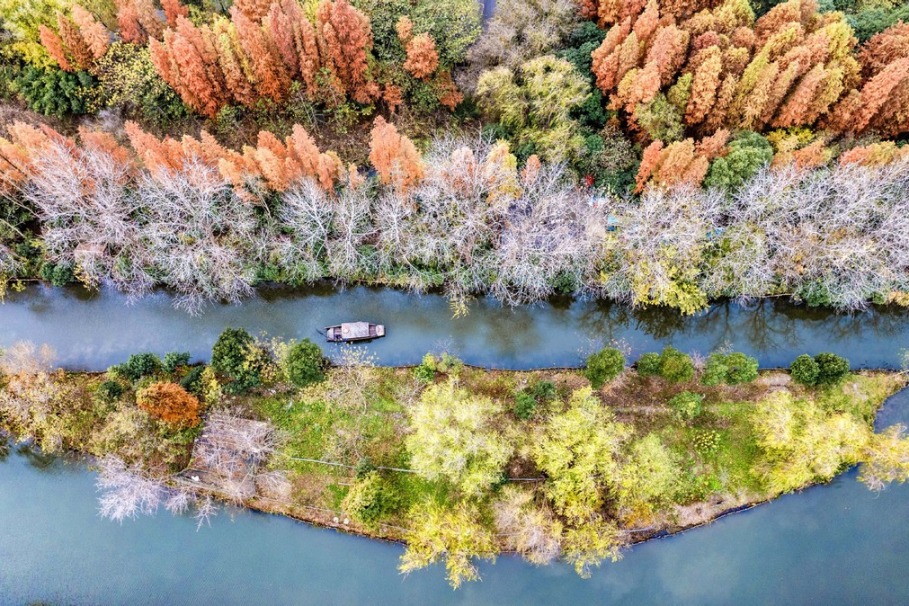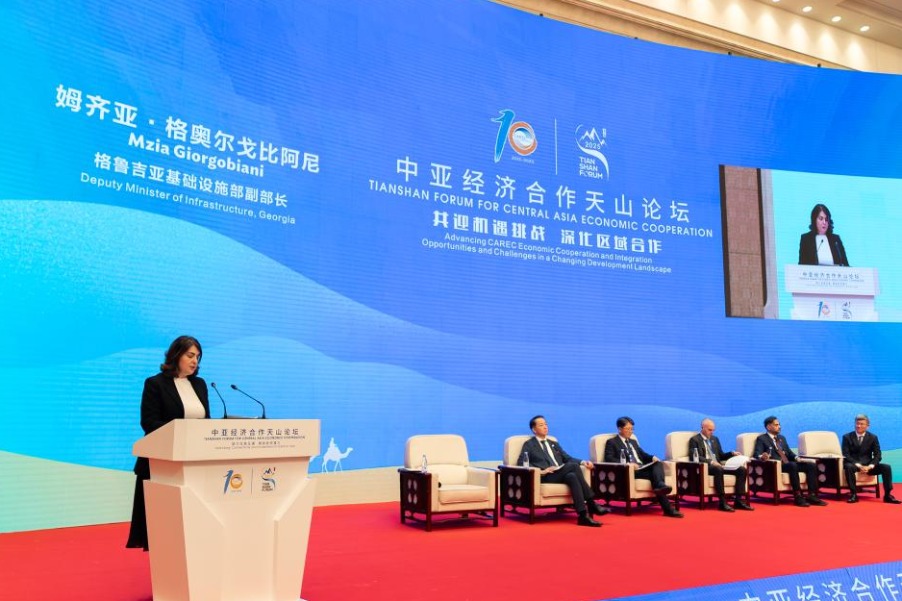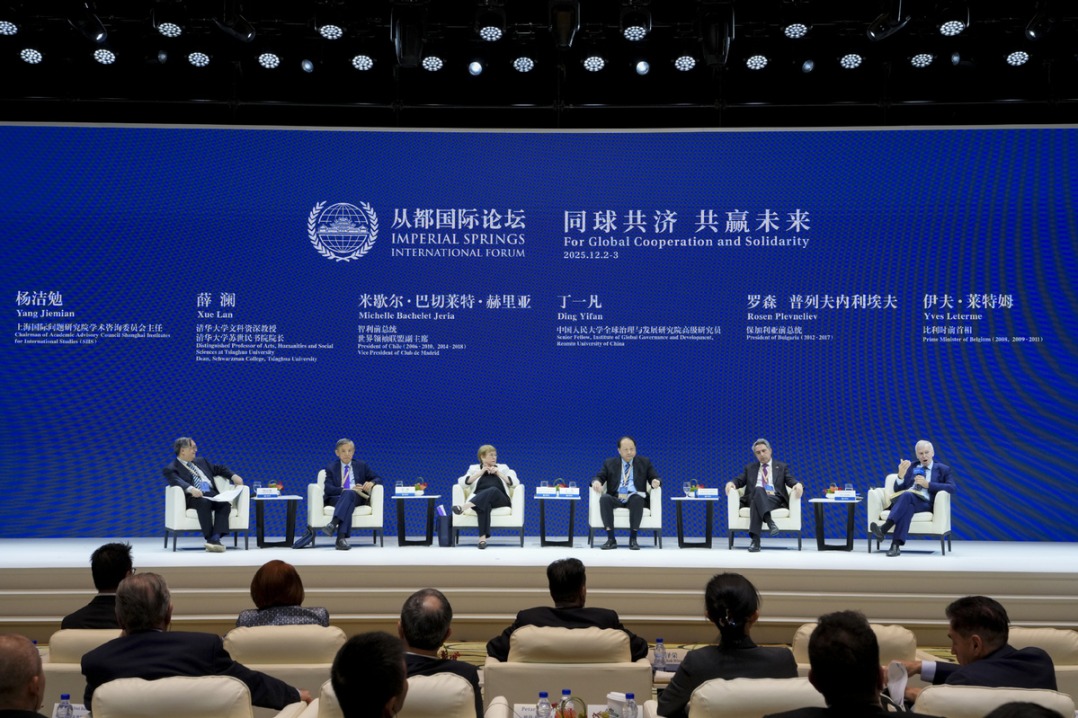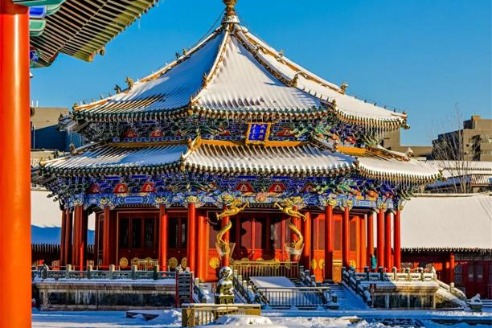After 2 years, Yangtze cleanup is obvious

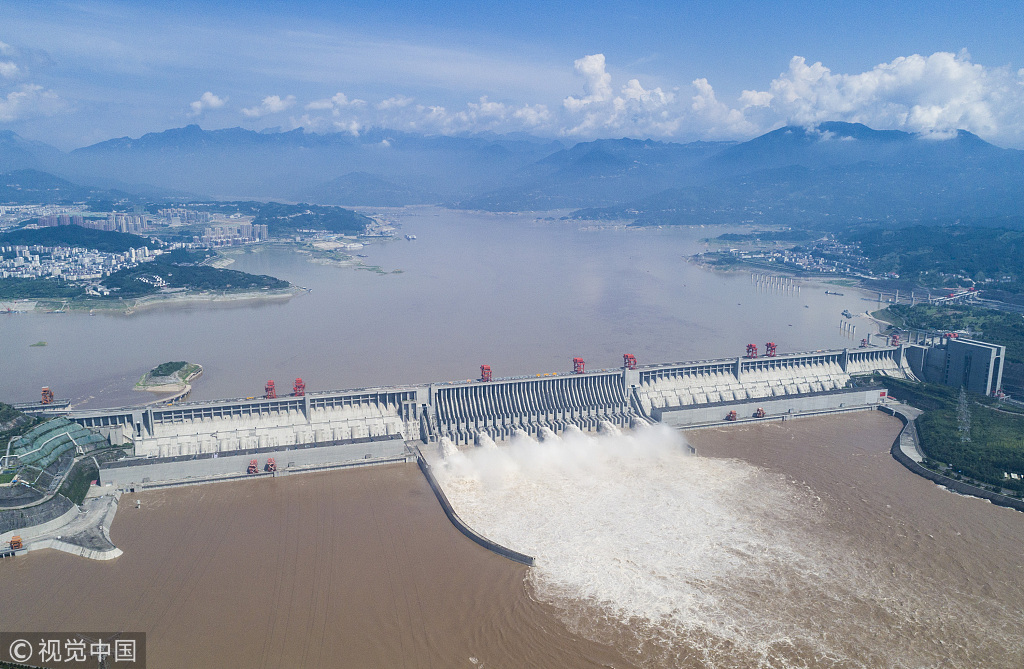
More than two years ago, the river was significantly polluted. Many illegal wharves that received building materials, such as sand and rocks, littered the shoreline and lowered the water quality.
The change for the better came when the concept of protecting the environment in the Yangtze River Economic Belt was formulated and given top priority by the central government.
Since 2016, the Luzhou city government has closed 73 illegal wharves, said Mao Yuanfei, an information officer with the city's information office.
To guarantee the quality of water, she said, the city has set up a so-called isolation net made of steel and cement in sections of the Yangtze where water would be drawn to water plants. The water was to be treated before delivery to the city's residents as drinking water. It has banned fishing boats in those sections.
- China's instant lottery market surges on back of scratchcards
- New regulation to boost convergence of standards between mainland and Taiwan
- China again urges Japan to withdraw incorrect words, abide by one-China principle
- Fujian Coast Guard patrols near Kinmen are legitimate, necessary: Chinese mainland spokesperson
- Chinese researchers achieve thorough simulation of Martian dust cycle
- China's State Council appoints, removes officials
















